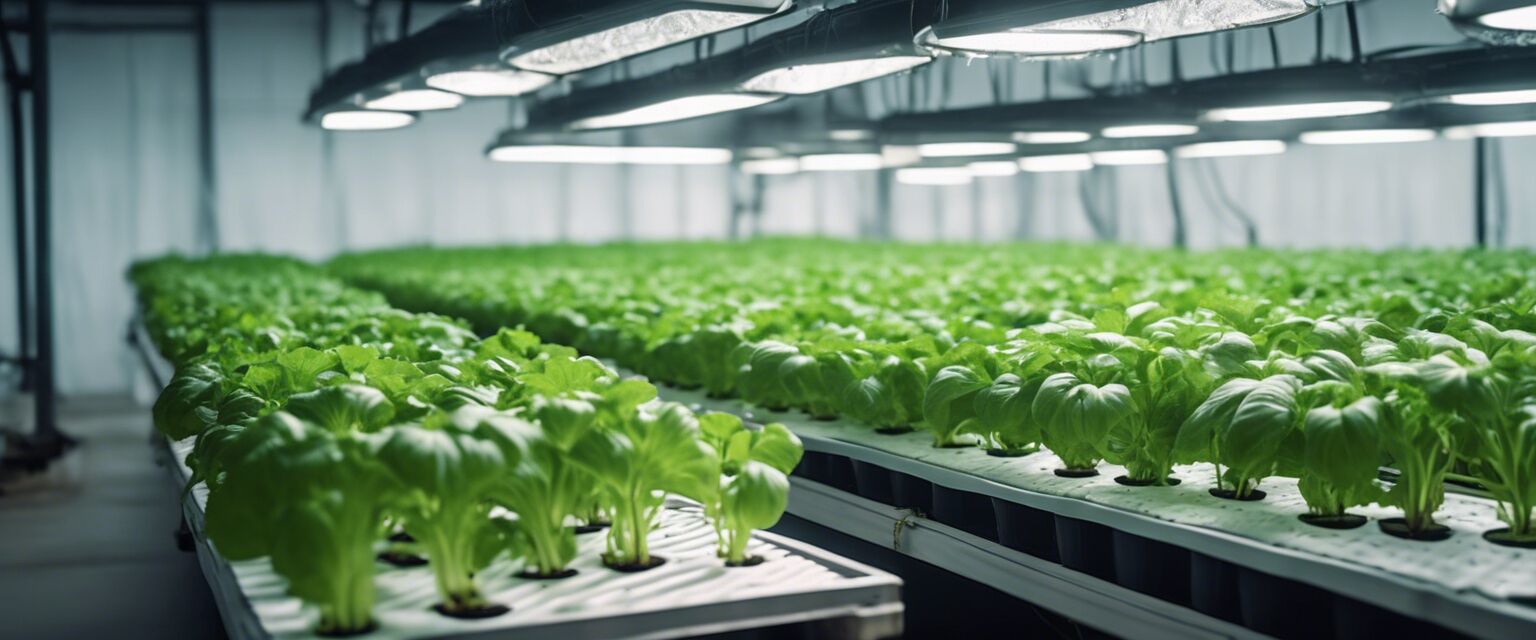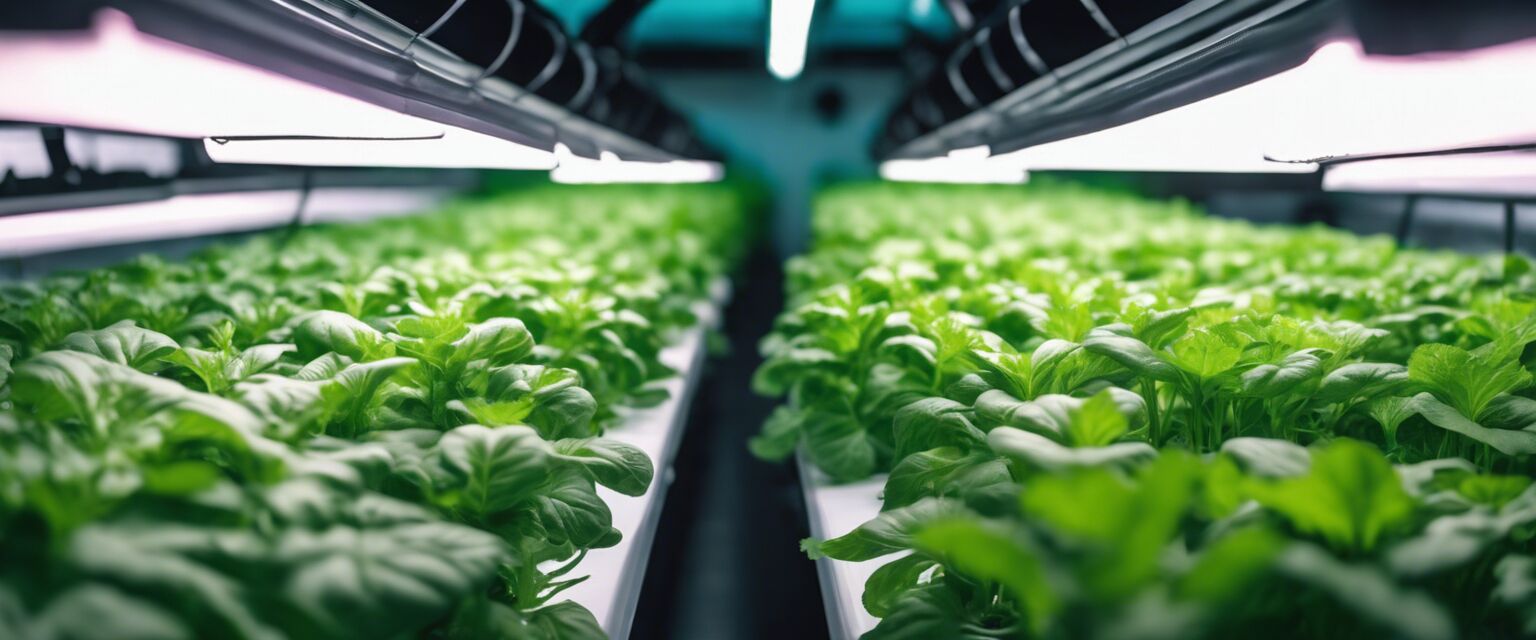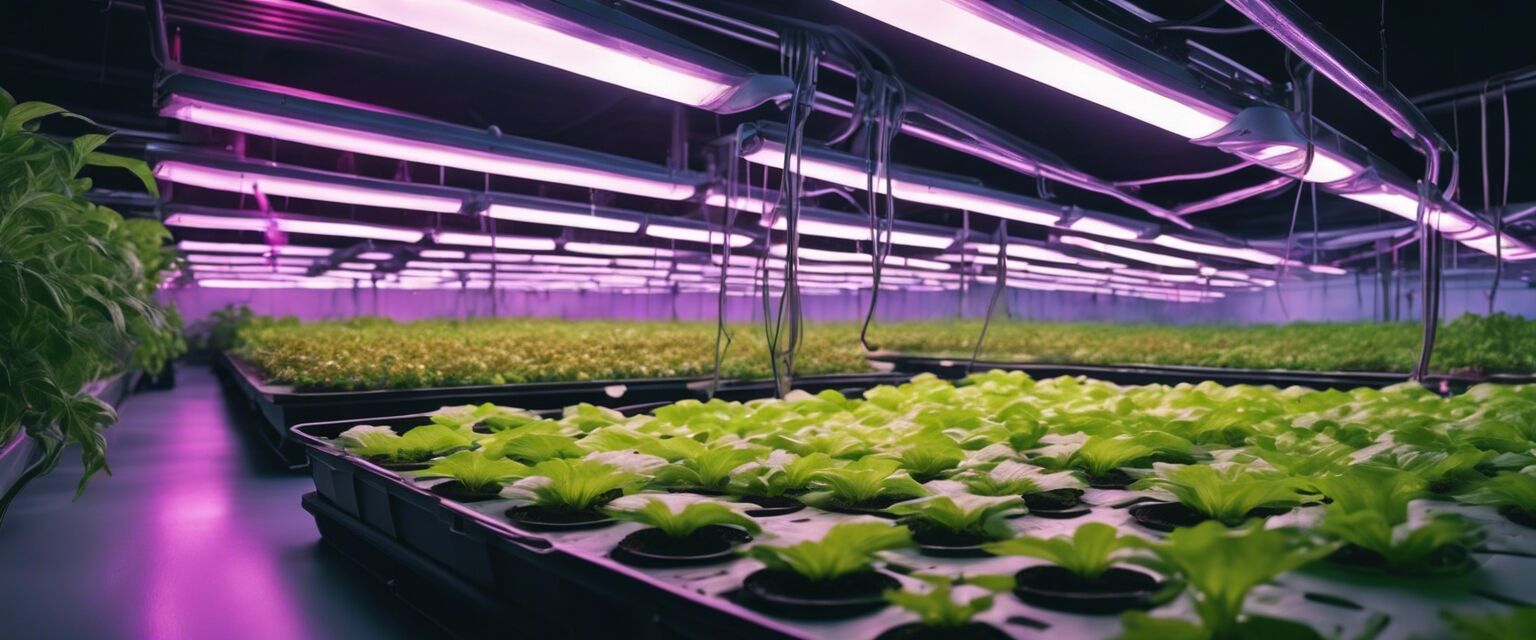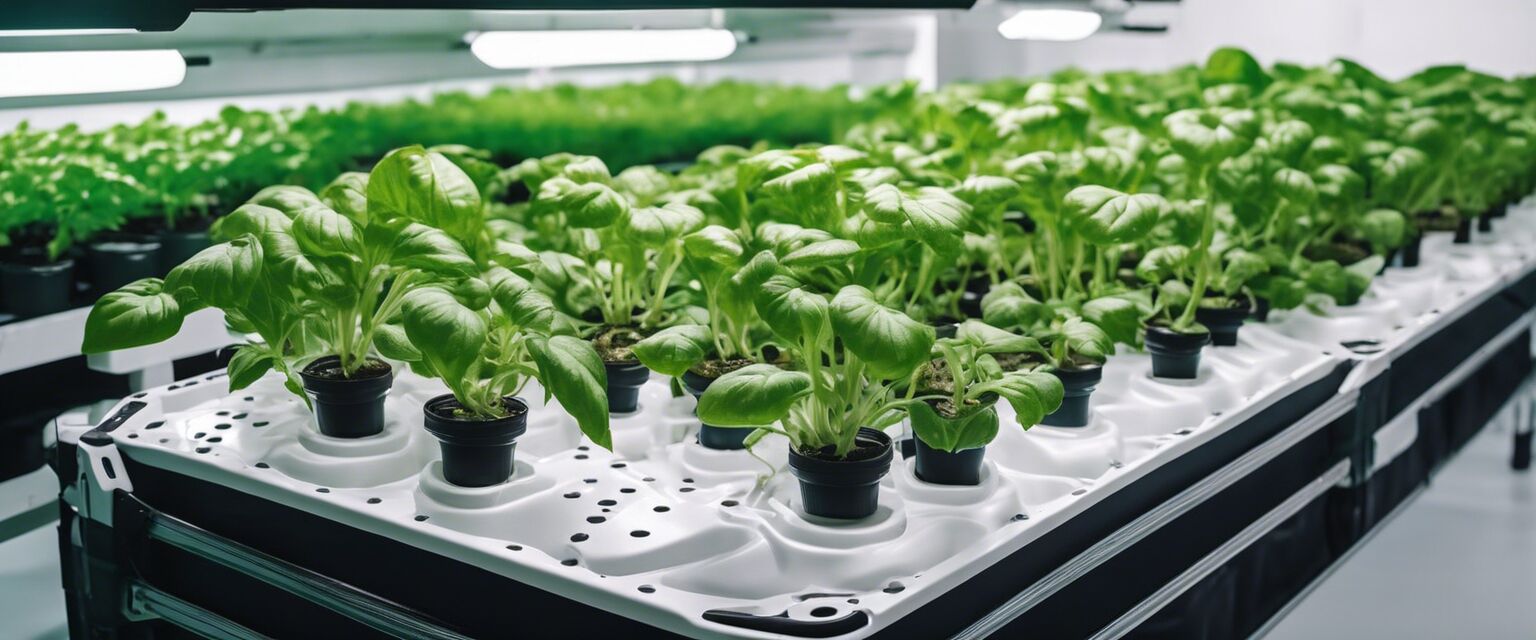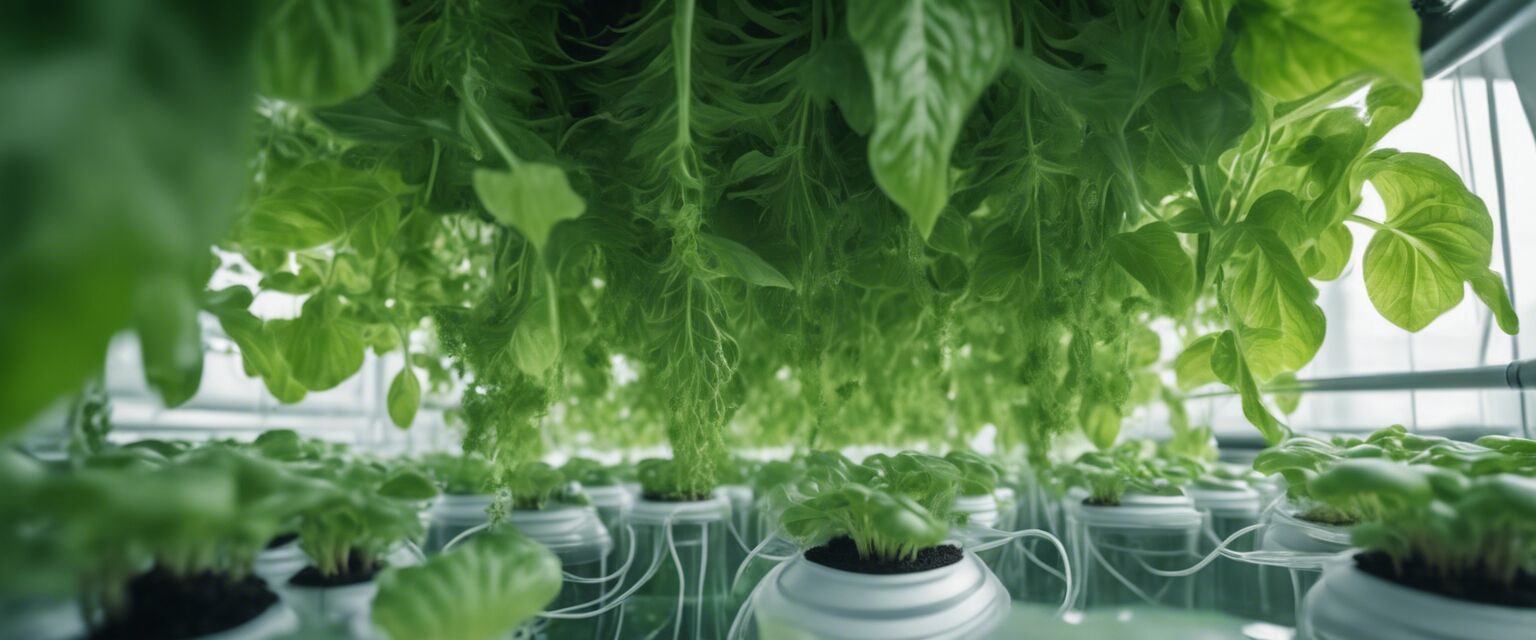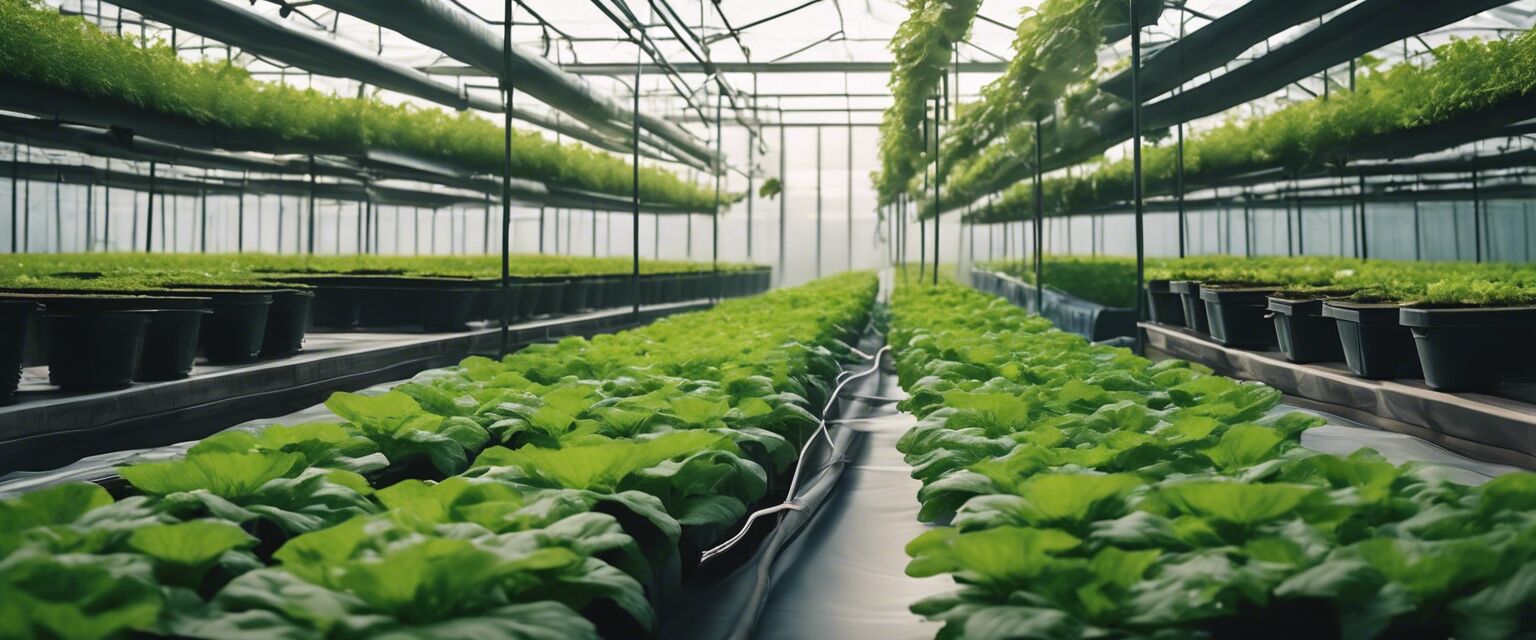
Hydroponics and Sustainability
Hydroponics represents a revolutionary advancement in agriculture, promoting sustainable practices and efficient food production. This method eliminates the need for soil, allowing plants to grow in nutrient-rich water solutions. In this article, we will explore the role of hydroponics in sustainable agriculture, highlighting its benefits, challenges, and the elements that make it a promising solution for the future of food production.
Key Takeaways
- Hydroponics uses less water than traditional agriculture.
- It can produce food in urban areas, reducing food miles.
- Hydroponics minimizes pesticide use and promotes organic cultivation.
- This method supports year-round crop production, regardless of climate.
What is Hydroponics?
Hydroponics is a method of growing plants without soil, utilizing a water-based solution that contains essential nutrients. This innovative technique has gained traction as a method of sustainable agriculture aimed at addressing global food security challenges.
How Hydroponics Works
In hydroponics, plants absorb nutrients directly from a nutrient-rich water solution. There are several systems, including:
- NFT (Nutrient Film Technique): A thin film of nutrient solution flows over the plant roots.
- Deep Water Culture: Roots are submerged in a nutrient solution, with air stones providing oxygen.
- Wick System: Nutrients are drawn up to the plants via a wick material.
| System Type | Description | Advantages |
|---|---|---|
| NFT | Thin film of nutrients continuously flowing over roots | Efficient nutrient use, low water usage |
| Deep Water Culture | Roots submerged in nutrient solution | Easy to set up, consistent nutrient delivery |
| Wick System | Wick pulls nutrients to plants | Simple design, no pumps needed |
The Sustainability Aspect of Hydroponics
Hydroponics plays a significant role in sustainable agriculture with numerous benefits:
Pros
- Uses 90% less water than traditional agriculture.
- Reduces the need for pesticides and herbicides.
- Enables food production in urban areas, reducing transportation emissions.
- Year-round production, independent of season.
Cons
- Initial setup costs can be high.
- Requires technical knowledge for maintenance.
- Dependence on electricity for water pumps and lights.
Hydroponics as a Solution to Food Security
With the increasing global population, food security is a pressing concern. Hydroponics offers a viable solution by enabling high-density food production in smaller spaces. This is particularly beneficial in urban settings and areas with poor soil conditions.
Benefits for Urban Areas
Urban agriculture via hydroponics can lead to:
- Fresh produce available locally.
- Reduction in the carbon footprint due to less transportation.
- Utilization of vacant lots, roofs, and other underused spaces.
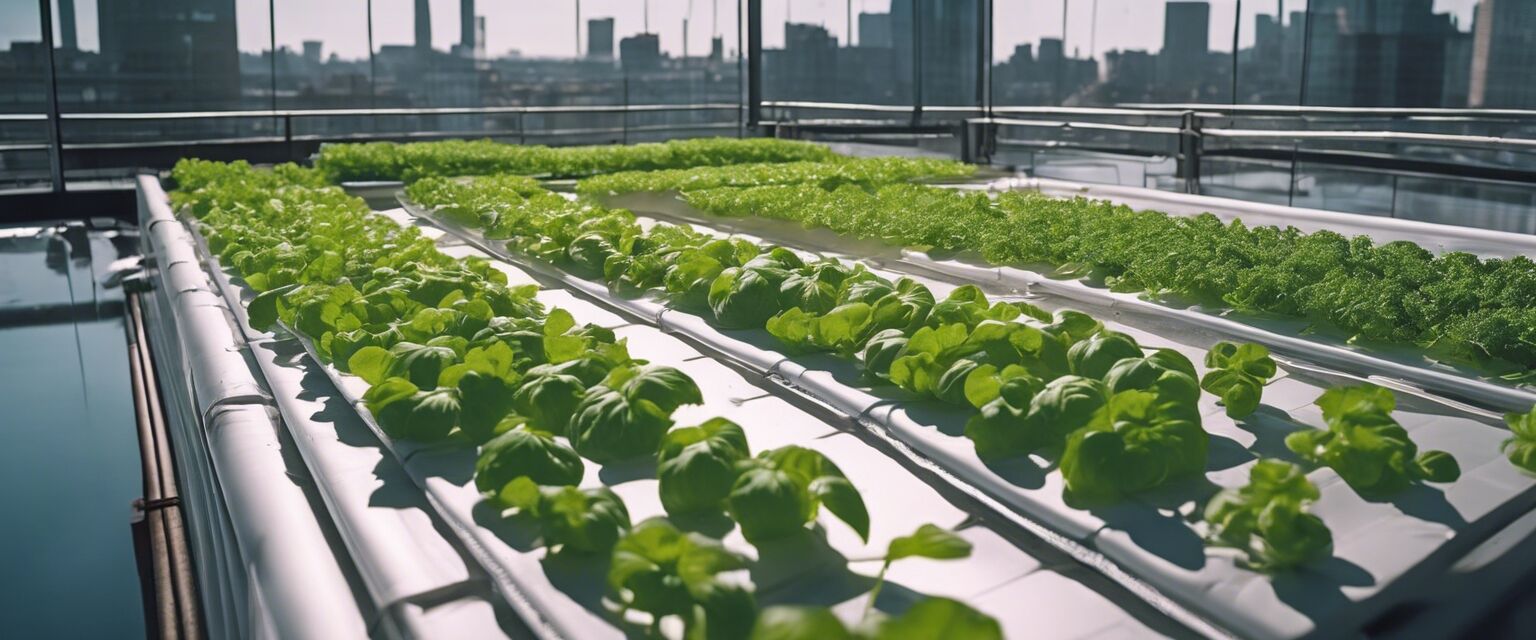
Challenges and Future of Hydroponics
Despite its benefits, hydroponics faces several challenges that need addressing for widespread adoption:
- Cost of Technology: Advanced systems can be expensive to install and maintain.
- Energy Consumption: Some hydroponic systems require significant electrical power, which may come from non-renewable sources.
- Knowledge Gap: Understanding nutrient mixes and system management is crucial for success.
Advancements in Hydroponics Technology
Innovative technologies are shaping the future of hydroponics:
- Vertical Farming: Maximizes production in minimal space.
- Automated Systems: Reduces labor costs and improves efficiency.
- LED Grow Lights: Energy-efficient lighting solutions enhance plant growth.
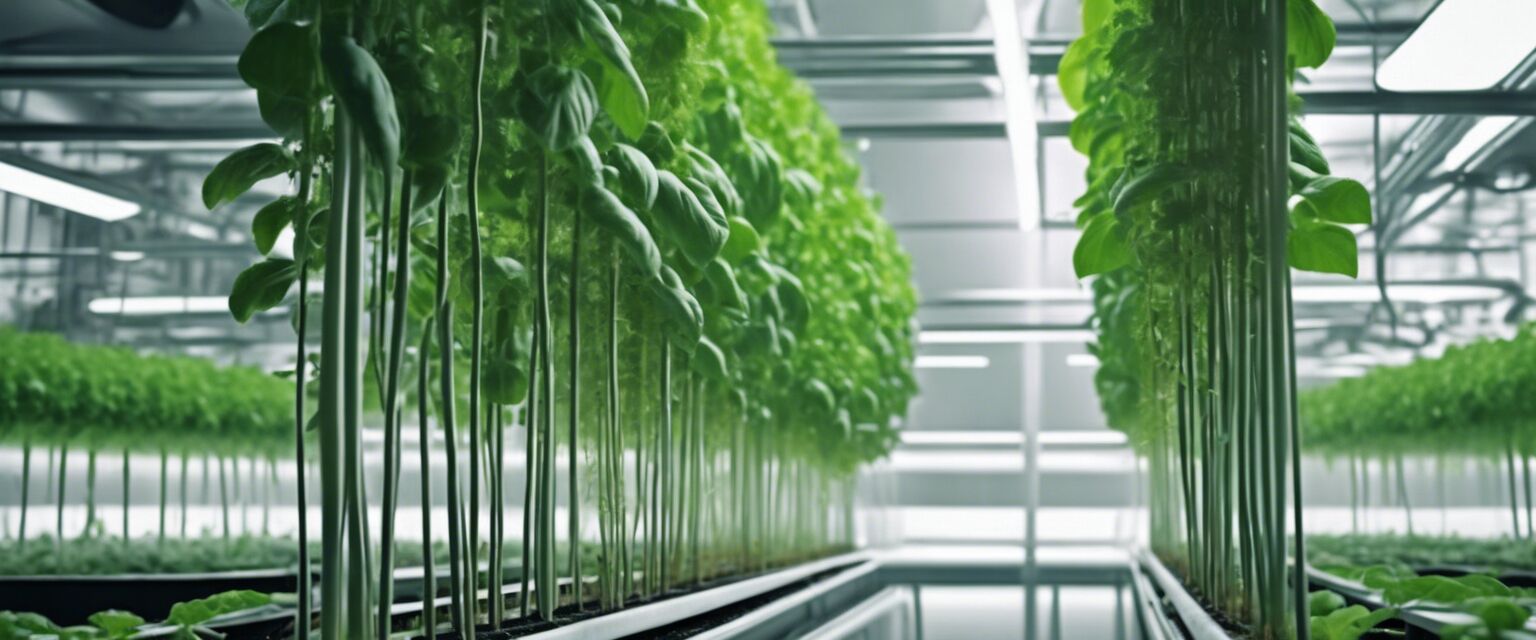
Conclusion
In conclusion, hydroponics is a transformative solution in the quest for sustainable agricultural practices. By maximizing resource efficiency and allowing crop production in non-traditional settings, it plays a crucial role in enhancing food security in the modern world. Embracing hydroponics can lead to a more sustainable future, ensuring that we can feed the growing global population while reducing our environmental impacts.
Tips for Beginners in Hydroponics
- Start with simple systems like deep water culture to gain experience.
- Research the specific nutrient needs of the plants you want to grow.
- Regularly monitor water pH and nutrient concentration for optimal growth.
- Consider starting with fast-growing crops like lettuce or herbs.
Learn More About Hydroponics
Explore more topics to deepen your understanding of sustainable agriculture:
